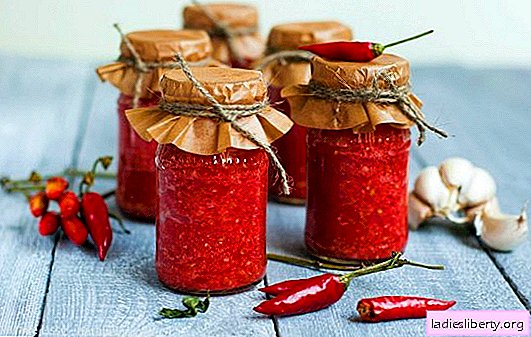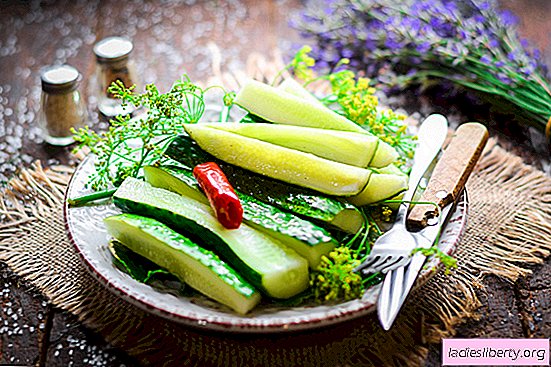
Colds are the most common cause of sore throat. For viral infections, treatment is aimed at eliminating pain, inflammation, and fever. It is important to rule out a bacterial disease that requires antibiotics. Rarer causes are glandular fever, sexually transmitted diseases, malignant neoplasms, or hyperthyroidism.
If a sore throat, what to treat at home will tell the doctor. Identification of the root cause is the main task of a qualified specialist.
Antipyretic, analgesic and anti-inflammatory drugs can be taken no more than 3-4 days without consulting a doctor.
Causes of Sore Throat
The most common cause of sore throat is a viral infection. Possible pathogen viruses: rhinoviruses, parainfluenza viruses, coronaviruses, adenoviruses and enteroviruses. Viral diseases go away without treatment after 5-10 days.
Other viruses that cause serious illness are also considered to cause sore throats. These include the herpes viruses, Epstein-Barr (Pfeiffer glandular fever), measles and cytomegalovirus. Sore throat and other symptoms may appear several days or weeks after becoming infected with HIV. Possible concomitant symptoms: mucus formation, cough, hoarseness, fever, headache, runny nose and feeling tired.
In children, beta-hemolytic group A streptococci are a risk factor for the development of bacterial complications. Streptococcal infection is manifested, inter alia, in swollen tonsils, fever and lack of cough.
Allergic diseases, smoking, foreign bodies (fish bones), muscle stress, and tumors can cause sore throats. Another possible trigger is dry breathable and inflammation of the nasal mucosa.
Sore throat: how to treat at home - non-drug methods
Rinse with salt water.
Doctor's comment:rinsing with salt water can soothe a sore throat and reduce the number of pathogens. It is recommended to dissolve half a teaspoon of salt in a glass of warm water and gargle every three hours. A cheap home remedy for sore throat moisturizes the mucous membranes and has an antibacterial effect.
Salt is a well-known preservative that prevents the growth of bacteria. Topical application may help reduce pain, but salt is not a substitute for antibiotics. Signs of a bacterial infection should be checked by your doctor.
Warm and cold compresses.
Doctor's comment:moist warm compresses on the neck can relieve sore throat. To do this, dip a kitchen towel in a warm tea infusion, squeeze it and put it on your neck. You can also boil potatoes, put in a towel and put on the neck. Potatoes can store heat longer than just a bandage and relieve sore throats.
Hot compresses for bacterial diseases can contribute to the spread of infection. If bacterial infection is excluded, compresses can be applied no longer than 4-5 days. With viral diseases, hot compresses are safe.
Rinse with vinegar.
Doctor's comment:vinegar is mainly used with rinse oil. It is also added to food as a preservative, as it slows down the process of decay. Vinegar with various herbs is often used. Rinsing will not bring significant benefits, since acetic acid is ineffective against most gram-positive and gram-negative bacteria. It is recommended to completely abandon the advice due to lack of effectiveness. If a sore throat than treated at home the local therapist will tell you.
Gargle with warm beer.
Doctor's comment:beer contains from 2 to 10% ethyl alcohol. Ethanol, although an effective antiseptic, is practically useless in such a concentration for any disease. Rinsing can increase the inflammation of the throat due to the content of hops. It is recommended to abandon warm beer, since the effectiveness has not been proven even partially.
Sore throat: how to treat at home - herbal remedies
Tea blends.
Doctor's comment:herbal teas have a beneficial effect on sore throat. Thyme helps with coughing by stimulating the cilia in the airways. Linden flowers have a diaphoretic and, therefore, an antipyretic effect. A hot ginger drink has a beneficial effect on a sore throat. In clinical studies, the anti-inflammatory effects of plants have been identified.
Tea blends help eliminate pain, inflammation, fever and other symptoms. They do not eliminate the root cause, therefore, should not be used as fixed assets.
Compresses with chamomile.
Doctor's comment:Chamomile solution is used in herbal medicine to reduce inflammation and pain. According to studies, chamomile can reduce local inflammation and has an analgesic effect. In sensitive individuals, the plant can cause contact dermatitis, anaphylaxis, or itching. Before use, it is necessary to exclude allergies to the plant.
Sore throat: how to treat at home - dangerous methods
Steam inhalation
Doctor's comment: Inhalation is another popular home remedy for sore throat. Sage tea can help moisturize the throat and reduce difficulty swallowing. Essential oils used for inhalation cleanse the airways. In infants and young children, inhalation of essential oils can be fatal due to a severe allergic reaction.
Sore throat is often accompanied by other symptoms - severe coughing, digestive upset, or headache. Aloe inhalation, according to naturopaths, will help reduce inflammation and cough. However, prolonged use can lead to poisoning of the child. You should abandon such methods of treating a sore throat.
- Rinse with hydrogen peroxide.
Doctor's comment: prolonged rinsing with hydrogen peroxide can cause chemical burns, which complicate the course of a bacterial disease. Hydrogen peroxide destroys both pathogenic and healthy cells, as has been shown in studies.
If a sore throat, what to treat at home will tell the otolaryngologist. Self-medication is prohibited for longer than 4-5 days. Folk remedies will help relieve pain and inflammation, but the cause (in the case of a bacterial disease) will not be cured.











